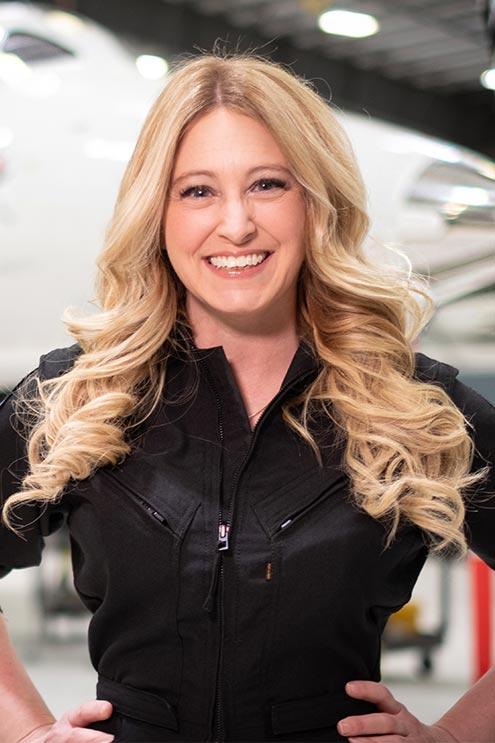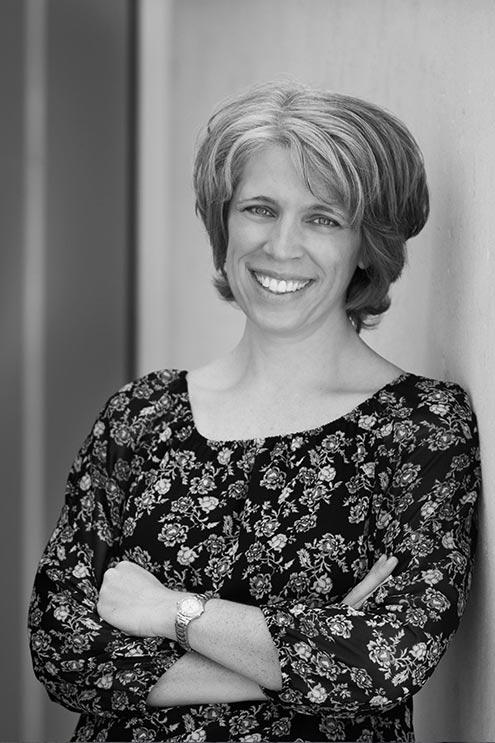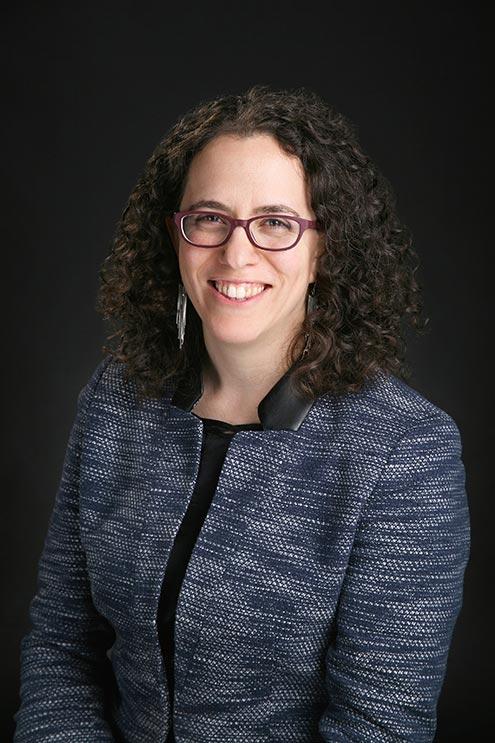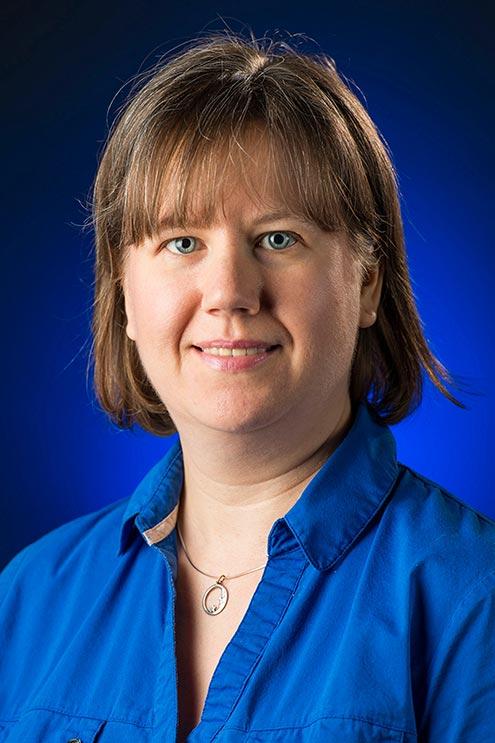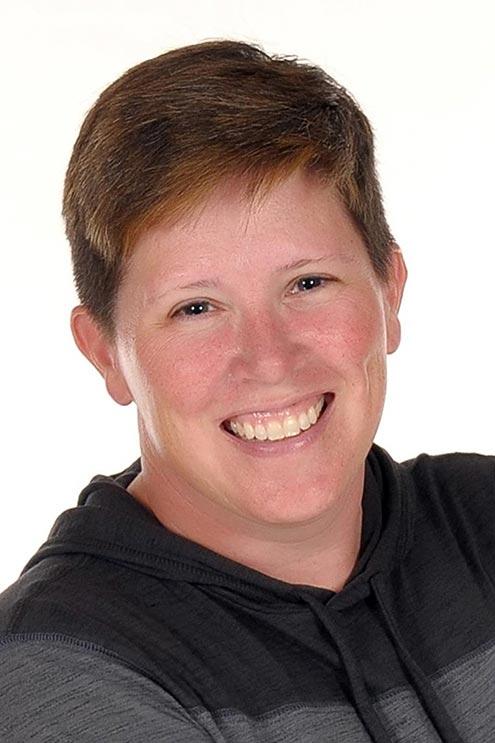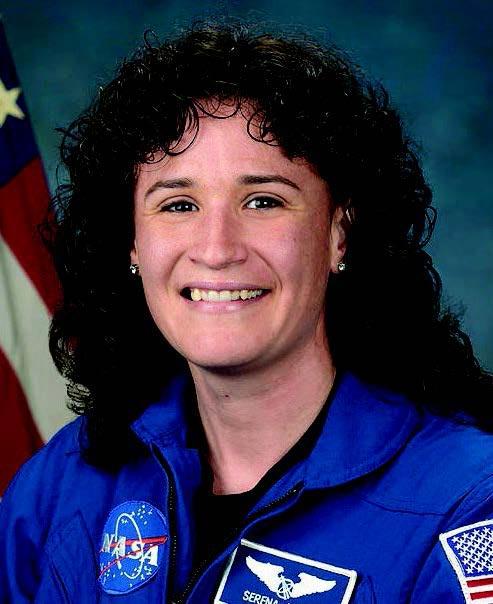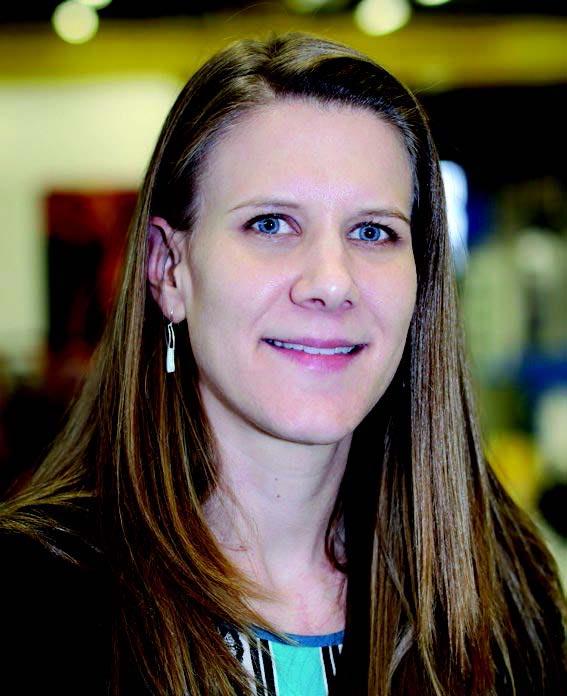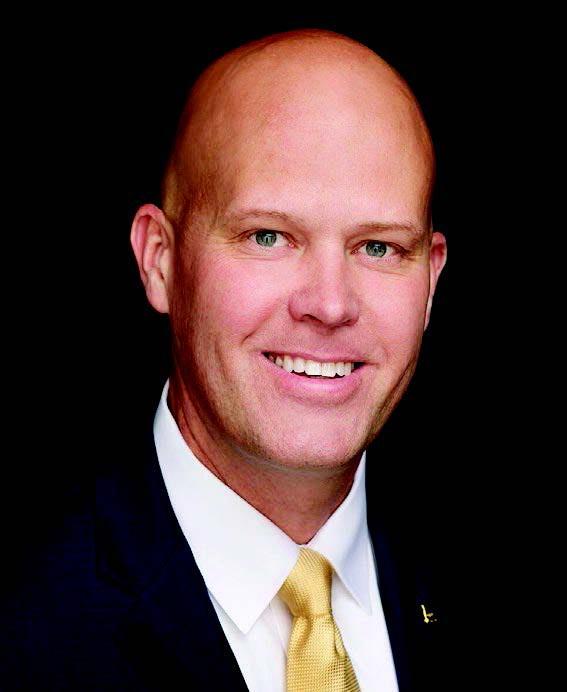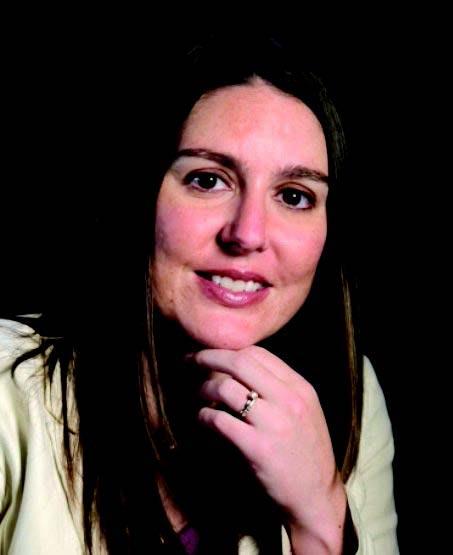Christina H. Koch
Bachelor of Science, Electrical Engineering; Bachelor of Science, Physics; Master of Science, Electrical Engineering, North Carolina State University
Space Academy and Advance Space Academy 1992, 1993, 1994, 1995, 1996
Five-time Space Camp graduate, Christian H. Koch is the fifth Space Camp alumna to fly in space. Christina launched to the International Space Station in March 2019 as a member of Expedition 59 and 60. She worked as an electrical engineer at Goddard Space Flight Center’s Laboratory for High Energy Physics before being selected as one of eight members of the 21st NASA Astronaut Class. She has worked in space science instrument development as well as serving as a research associate with the United States Antarctic Program. While board the ISS, she is expected to break the record for the longest single spaceflight for a woman.

